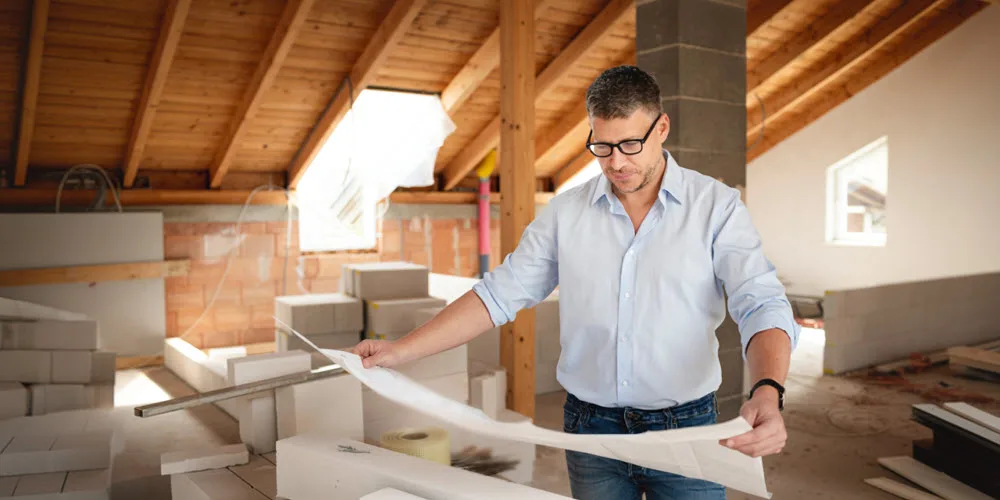
Careers
You've got what it takes to upskill, progress your career or change industries with Open Universities Australia in your corner.
Research industries and careers
Need help choosing the right course?

Need help choosing the right course?
Speak to a student advisor about:
Enrolling and planning your studies
Finding a study option that suits your needs
Understanding your funding options
Find out more about studying through us:
Looking for other ways to start the conversation? Contact us












